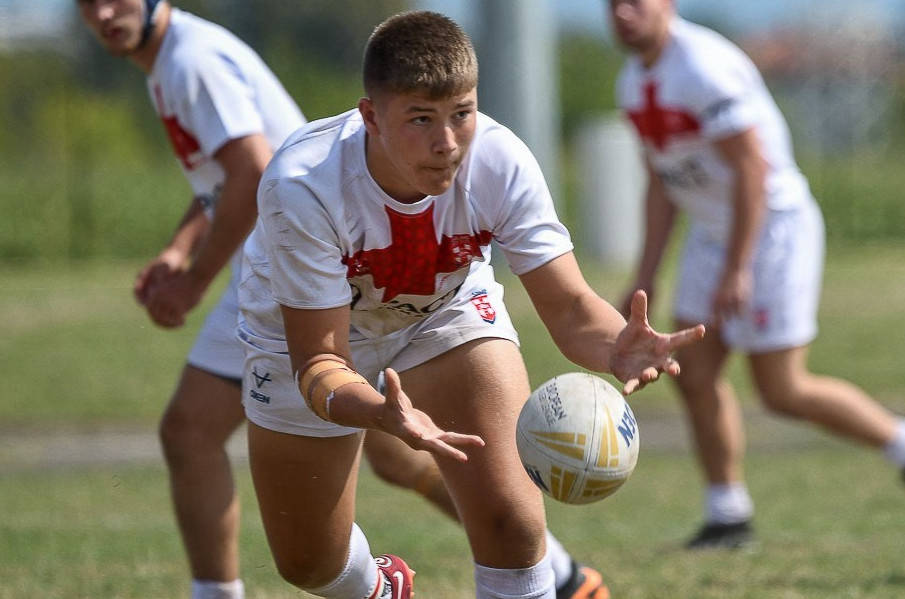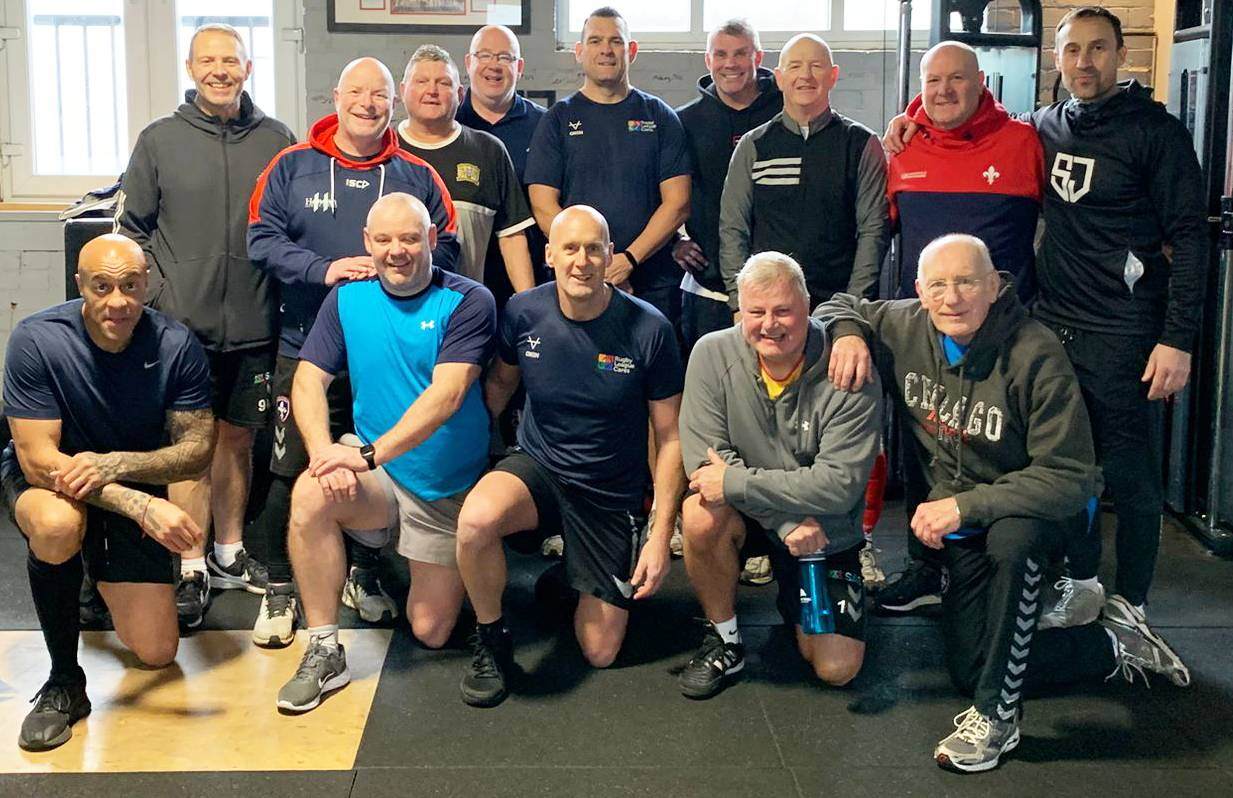In the realm of professional sports, the pursuit of excellence is a relentless journey filled with exhilarating highs and crushing lows. The competitive pressure that accompanies the quest for victory can be both a driving force and a formidable challenge for athletes.
How athletes cope with this pressure can significantly impact not only their performance but also their overall well-being. In this article, we will delve into the intricacies of competitive pressure, its effects on athlete mental health, and strategies to foster well-being amidst the demands of elite sports.
The Crucible of Competitive Pressure
Competitive pressure is an inherent aspect of the sporting world. Athletes constantly face the expectations of coaches, fans, sponsors, and, perhaps most significantly, themselves. The drive to succeed, to outperform opponents, and to achieve personal goals can create a pressure cooker environment that, if not managed effectively, can lead to physical and mental exhaustion.
The Mental Toll
The mental toll of competitive pressure can manifest in various ways. Athletes may experience anxiety, self-doubt, and fear of failure. They may grapple with perfectionism, always seeking an unattainable standard of excellence. The fear of letting down teammates, coaches, and fans can become an ever-present weight on their shoulders.
In such an intense atmosphere, the risk of burnout and mental health issues looms large. Recognizing the importance of athlete well-being, it becomes paramount to explore strategies to cope with competitive pressure in healthy and constructive ways.
Strategies for Athlete Well-Being
-
Mindfulness and Meditation: Incorporating mindfulness practices into training routines can help athletes stay grounded and reduce anxiety. Techniques like deep breathing and visualization can enhance focus and mental resilience. By staying present and mindful, athletes can navigate high-pressure situations more effectively.
-
Goal Setting and Process-Oriented Thinking: Rather than fixating solely on outcomes, athletes can shift their focus to the process of improvement. Setting clear, achievable goals and emphasizing the journey of growth can reduce the burden of unrelenting expectations.
-
Support Networks: Athletes should build strong support networks that include coaches, sports psychologists, teammates, and trusted friends and family. Having a safe space to discuss fears and challenges can provide invaluable emotional support.
-
Positive Self-Talk: Athletes can cultivate positive self-talk to counteract self-doubt and negative thoughts. By replacing self-criticism with affirming and motivating messages, they can boost confidence and self-belief.
-
Rest and Recovery: Adequate rest and recovery are fundamental to athlete well-being. Overtraining can exacerbate stress and contribute to burnout. Prioritizing sleep, nutrition, and restorative practices is essential for both physical and mental health.
-
Embrace Failure as a Learning Opportunity: Athletes should reframe their perspective on failure. Instead of fearing it, they can view failure as a natural part of growth. Each setback presents an opportunity to learn and improve.
-
Seek Professional Guidance: Sports psychologists and mental health professionals can provide specialized support. Athletes can benefit from learning techniques to manage anxiety, build resilience, and develop coping strategies tailored to their individual needs.
-
Balancing Life Beyond Sport: Encouraging athletes to maintain a balanced life outside of their sport can help alleviate pressure. Engaging in hobbies, spending quality time with loved ones, and pursuing education or career interests can provide a sense of fulfilment beyond the arena.
The Path to Resilience
Coping with competitive pressure is not a one-size-fits-all endeavor. It's an ongoing process of self-discovery and growth. Athletes who successfully navigate the challenges of high-pressure environments often emerge with a profound sense of resilience.
Resilience is not merely about bouncing back from adversity but also about using adversity as a catalyst for growth. Athletes who cultivate resilience not only perform better under pressure but also experience improved overall well-being.
Conclusion
Competitive pressure is an inescapable aspect of the athlete's journey. However, it need not be a destructive force. With the right strategies and support systems in place, athletes can transform pressure into motivation, self-doubt into self-belief, and adversity into growth.
Prioritizing athlete well-being, both mentally and physically, is crucial for sustained success in sports and life beyond the game. By implementing mindfulness practices, shifting their perspective on failure, and building strong support networks, athletes can not only cope with competitive pressure but also thrive in the face of it. In doing so, they unlock the true potential of their athletic prowess while safeguarding their mental and emotional well-being, ensuring a fulfilling journey in the world of sports and beyond.
Quote
"Pressure is when you play for five dollars a hole with only two in your pocket."
- Lee Travino
|
Related Articles

%20(1).jpg)
The unsung heroes: coaching and support staff wellbeing
Francis Stephenson | July 26, 2024
The spotlight often shines brightly on the players in professional rugby ...
Read More
.jpg)
Supporting the England Community Lions
Steve McCormack | October 24, 2023
As well as providing welfare support to the England men, women and ...
Read More
%20(1).jpg)